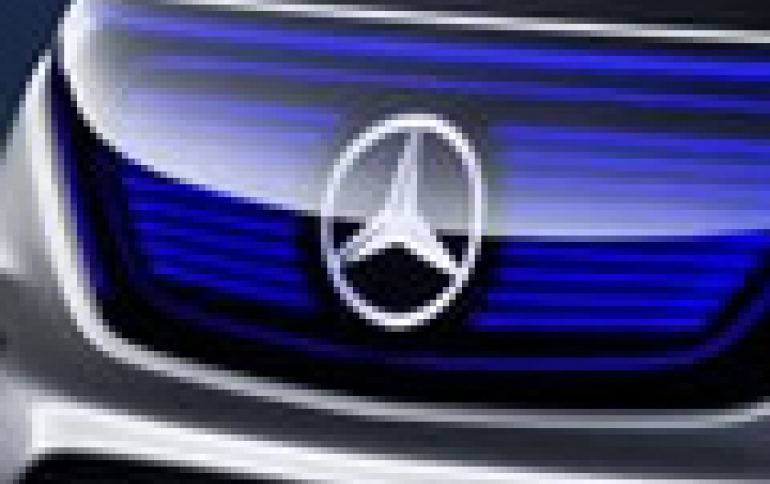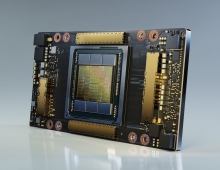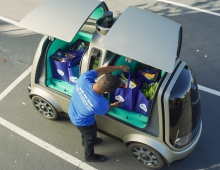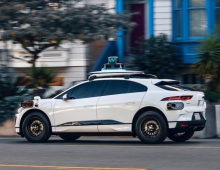
Mercedes And Bosch to Develop Self-driving Taxis
Daimler and Bosch are teaming up to develop self-driving cars in an alliance aimed at accelerating the production of "robo-taxis".
The alliance marks an end to Daimler's efforts to develop an autonomous car largely on its own, but moves the auto industry's ambitions beyond simply developing prototype vehicles towards industrial-scale production of self-driving cars.
Financial terms were not disclosed of the deal between the two German companies.
Bosch will develop software and algorithms needed for autonomous driving together with the carmaker. The company said Mercedes would be able to use the jointly developed system for two years before it could be offered to competitors.
The autonomous system will be ready by the beginning of next decade, Daimler said, without disclosing when it had first envisaged the commercial launch of automated taxis.
Daimler is focusing its efforts on the app-based car-sharing and ride-hailing sector dominated by China's Didi, Uber and Lyft.
BMW teamed up with Israeli autonomous vehicle tech company Mobileye and chip maker Intel last year to develop new technology that could put autonomous cars on the road by 2021.
Intel has since agreed to buy Mobileye for $15.3 billion, a deal which followed Qualcomm's $47 billion move to acquire Dutch automotive chip supplier NXP.
Bosch is already one of the world's largest suppliers of advanced driver assistance systems (ADAS) and recently announced an alliance with U.S. tech firm Nvidia to develop a self-driving computer for production cars.
The Bosch-Daimler alliance will rely on high-definition mapping systems provided by HERE, the digital mapping firm owned by BMW, Mercedes, Audi and Intel.





















